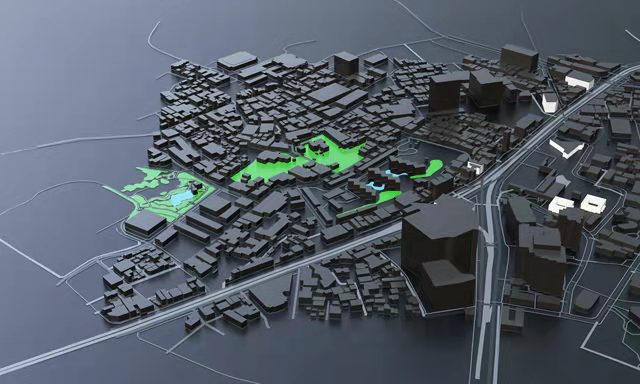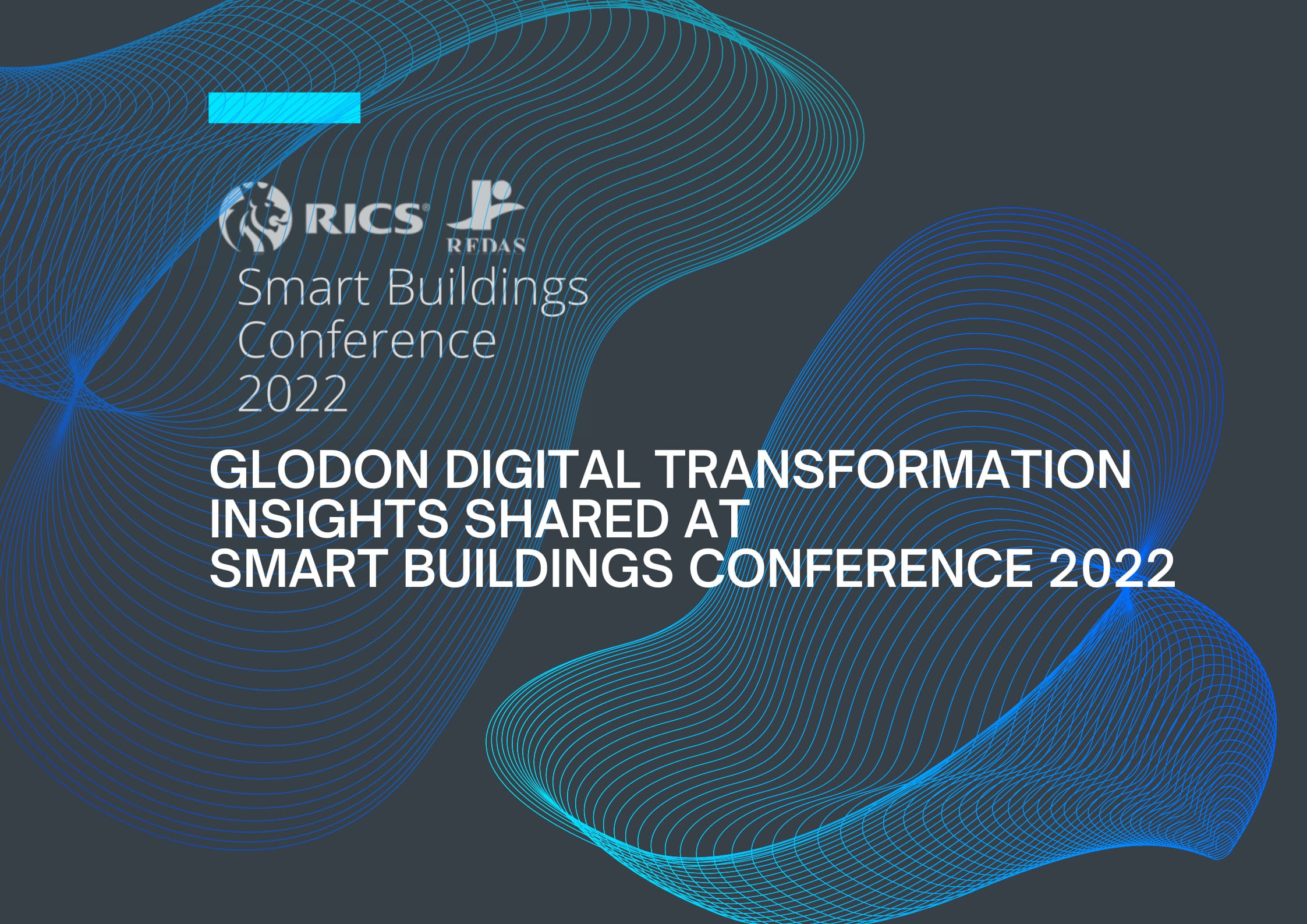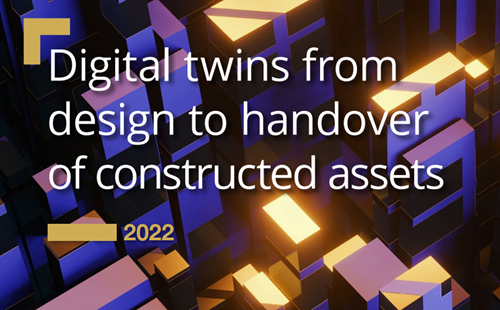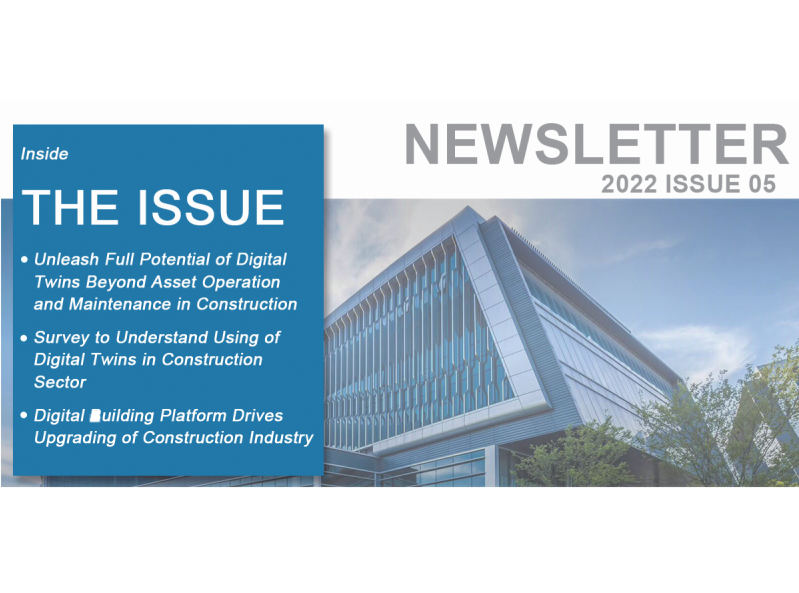Oct 17.2023
Paving the Digital Path for Sustainable Construction
In the dynamic world of construction, where towering structures and sprawling developments shape our cities, there's an evolving narrative that underscores the industry's profound impact on our planet. Recent insights from Glodon's Vice President Pierpaolo Franco during the thought-provoking Digital Construction Hub session at the UK Construction Week in Birmingham have ignited a crucial dialogue, shedding light on the vital intersection of construction and sustainability. This discussion transcends bricks and mortar; it's about how data and technology fundamentally reshape how we build our future.

Challenges on the
Sustainability Front
The construction industry is a major contributor to the United Kingdom's CO2 emissions (45%) and landfill waste (32%). These statistics are a stark reminder of the urgent need for sustainability within the construction sector. Yet, the path to sustainability in construction is laden with challenges. Siloed data systems hinder effective reporting, while a lack of comprehensive tools impedes monitoring sustainability Key Performance Indicators (KPIs). Real-time visibility into emissions and energy consumption remains limited, and the supply chain often operates in a veil of opacity.
A New Digital Way
Forward
In response to these challenges, the construction industry is seeking innovative solutions. One such approach is the exploration of digital technologies to transform traditional construction practices.
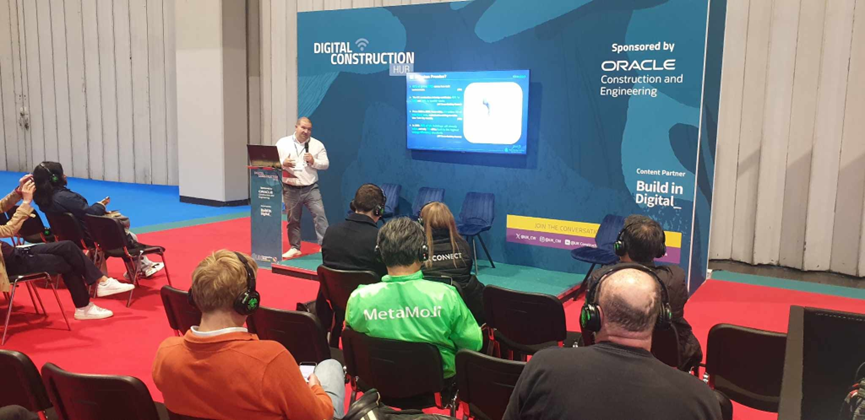
Just as Pierpaolo Franco said, by digitising and seamlessly integrating every facet of the building process, stakeholders can potentially make more informed decisions rooted in sustainability. Such advancements offer the prospect of real-time visibility into emissions and energy use, fostering supply chain coordination and ensuring data integrity.
This exploration entails the development of digital platforms designed to enhance project management capabilities across various phases of construction, including procurement, production, site management, and task tracking. These platforms aim to empower data-driven decision-making while providing insights into quality, safety, schedule, and cost, using the potential of big data and cloud computing.
A Comprehensive
Approach in Practice
Glodon's groundbreaking digital building platform leverages technology, including Building Information Modelling (BIM), cloud computing, big data, Internet of Things (IoT), mobile Internet, and artificial intelligence (AI) to optimise resource allocation throughout a building's lifecycle. It aims to create a new ecological system for projects, businesses, and the sector by digitising, networking, and adding intelligence to the entire building process.
One notable benchmark in this digital transformation journey is implementing the digital building platform at Glodon (Xi'an) R&D Center. This remarkable initiative has achieved high sustainability performance and introduced a whole digital twin approach from design to operation. It has ushered in commercial success characterised by high quality, low risk, and low cost.

The construction process leveraging Glodon included two critical phases: virtual construction and physical lean construction. Virtual construction precedes physical construction, maximising error and uncertainty avoidance while optimising the design plan. During physical construction, real-time feedback adjusts and optimises processes dynamically, considering actual needs, building function and performance, business plan rationality, construction feasibility, and post-construction maintainability.
The Xi'an project excelled in environmental sensing, monitoring, and alerts, utilising investigation and automatic measurement to ensure comprehensive data collection and integration. Based on this data, green building construction sequencing was optimised, and advanced statistical and analytical tools were employed to drive sustainable practices.
The exploration of digital technologies offers
the potential to bridge the gap between rapid growth and environmental
responsibility. As we embrace these transformative possibilities, we pave the
way for a greener, more sustainable future where our cities rise in harmony
with our planet's health, not at its expense.



